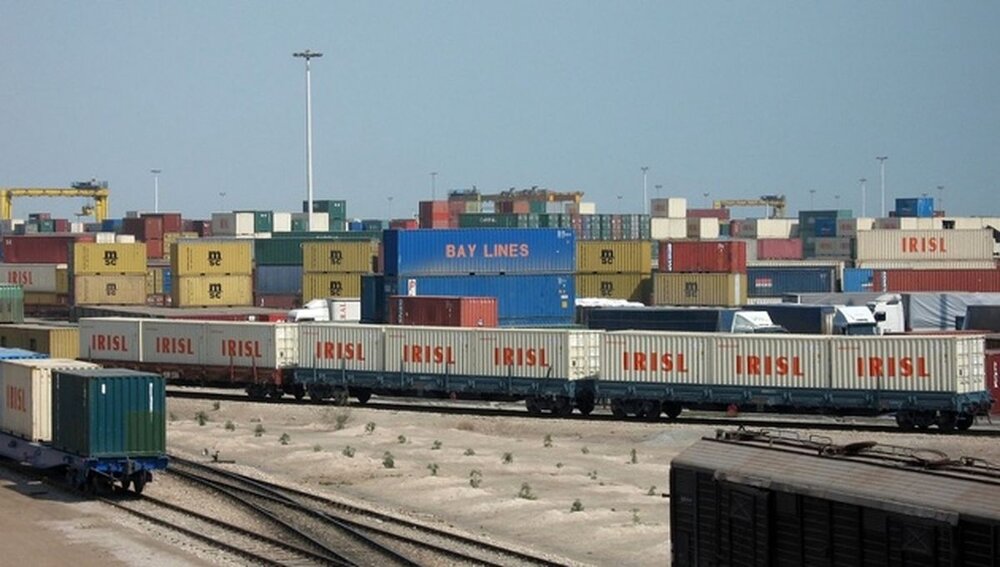RAI head holds talks with foreign minister on rail transit issues

TEHRAN - Head of the Islamic Republic of Iran Railways (known as RAI) Miad Salehi met with Foreign Minister Hossein Amir-Abdollahian on Monday to discuss issues related to rail transit through the country.
In this meeting, which was held at the place of the Foreign Affairs Ministry, Amir-Abdollahian was briefed on the latest developments and achievements in the field of rail transit, Mehr News Agency reported.
Salehi pointed to the significant growth in the transit of goods in the last six months compared to the same period last year and stressed RAI’s determination in operating all facilities to the maximum in order to boost transit through Iran and realize the potential capacities of the country's rail transport industry.
He also presented a report on the latest measures taken to build the missing railway links in the north-south corridor, including Rasht-Astara and Chabahar-Zahedan railways.
Pointing to the importance of transit in the government's economic diplomacy and the policies for interaction with neighboring countries, Amir-Abdollahian, for his part, thanked the RAI head and all those involved in the country’s railway industry for their extensive efforts to improve the country's transit position in the region.
The foreign minister stressed the continued support of the Ministry of Foreign Affairs for such efforts and stated that his ministry will follow up with relevant officials to help resolve some bottlenecks and shortcomings in this regard.
During the meeting, the deputy foreign minister for economic diplomacy and the deputy head of RAI for railway operations also presented a report on the activities related to facilitating rail transit in Sarakhs and Incheh Borun as well as multimodal transportation in the northern ports of the country.
Iran is one of the countries that have a special status in trade and transit relations due to its strategic location and special geography, as the country is the passage of several important international corridors.
In the south of Iran is the Persian Gulf, which is home to the world's major oil-producing countries. This region is considered the energy bottleneck of the world.
In the north of Iran is the Caspian Sea, which is the best bridge between Iran, Russia, Kazakhstan, Turkmenistan, and Azerbaijan and can play an important role in trade between these countries.
The country, also, borders Iraq, Turkey, Pakistan, and Afghanistan to the west and east.
EF/MA
